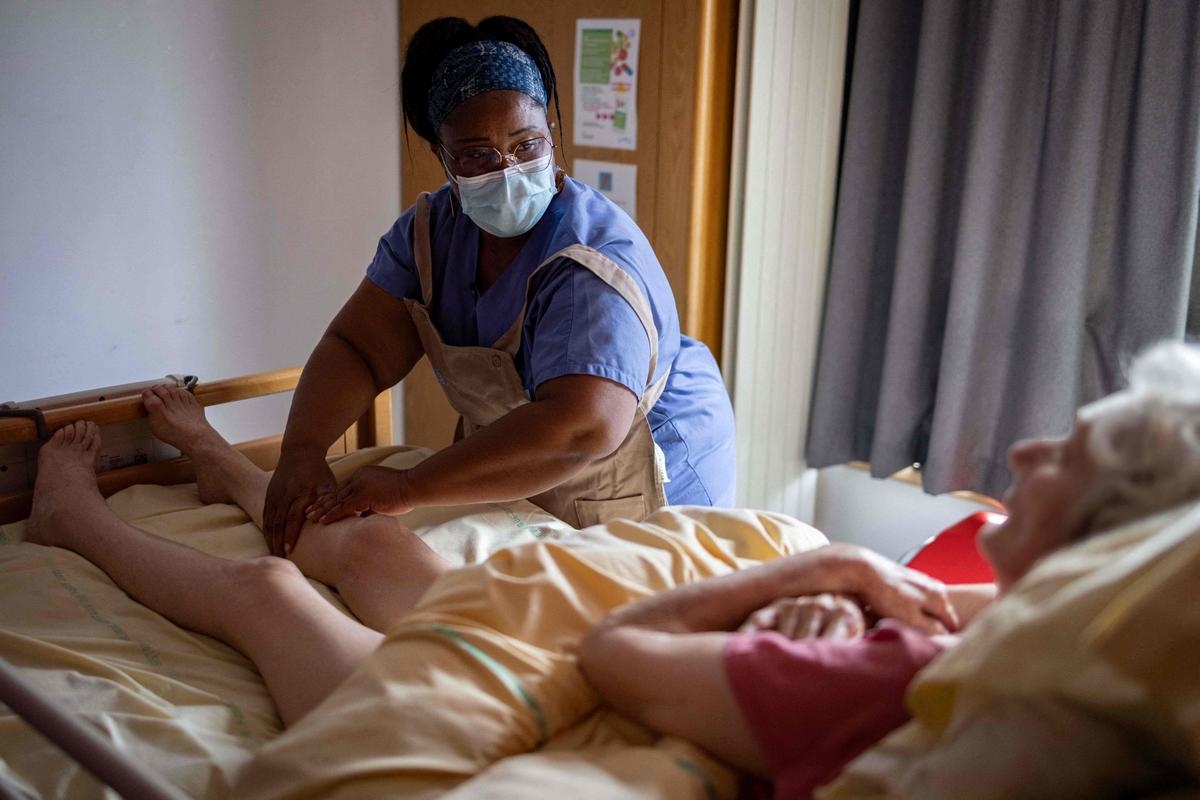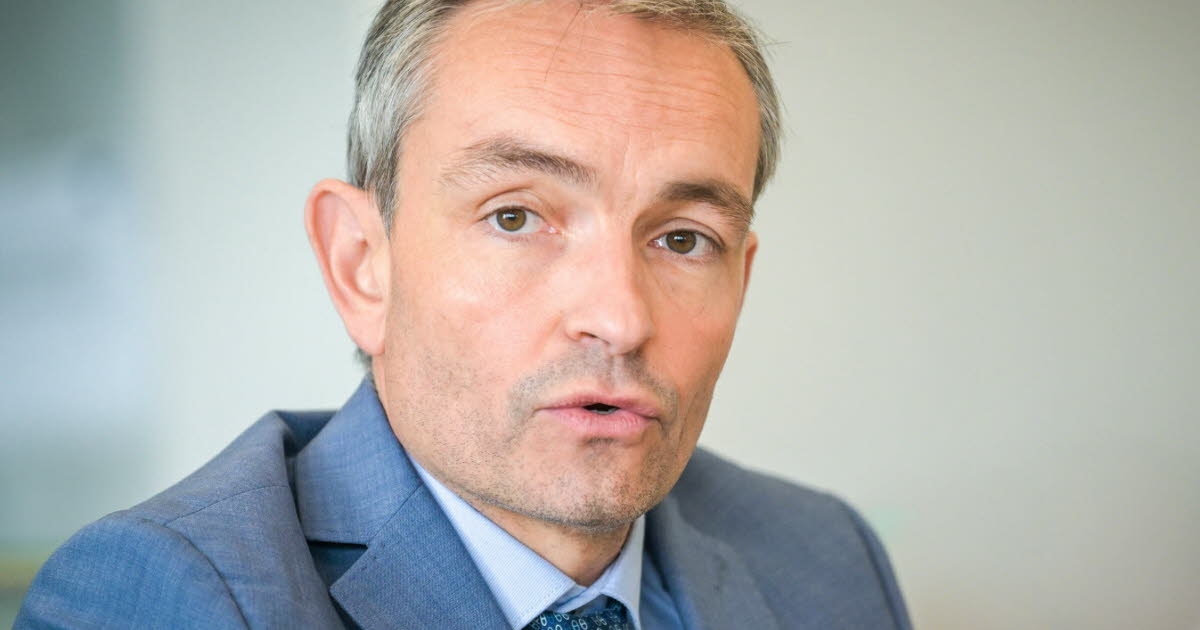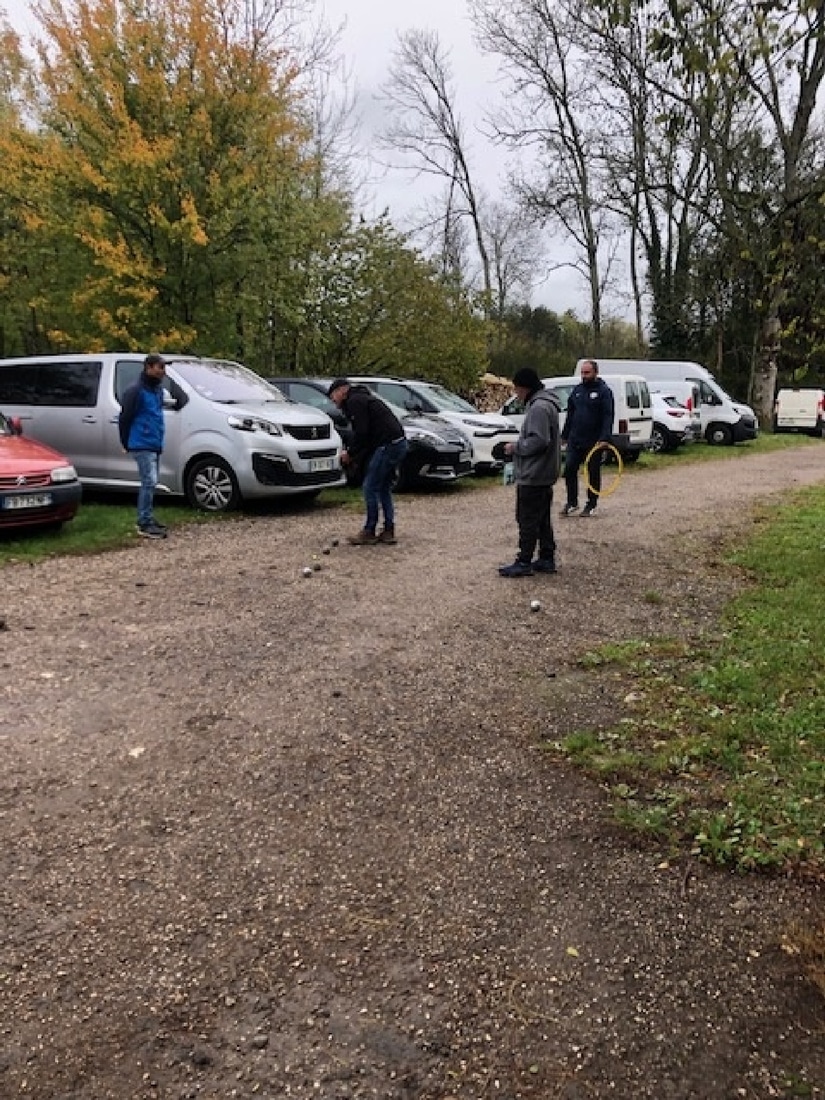In palliative care, death is not their daily reality: "We add life to days."

These caregivers in palliative care units (PCUs) do not encounter death on a daily basis, but they work with people facing very difficult illnesses, such as neurodegenerative diseases like ALS (Lou Gehrig's disease). And, contrary to popular belief, the patients are not only elderly. The team recently cared for a patient who was only 27 years old, and admissions often involve people in their forties or fifties. The PCU's mission focuses on the most complex situations, whether medical, psychosocial, or familial.
Human contacts“Our profession demands as much technical expertise from nurses, nursing assistants, and doctors as it does interpersonal skills,” explains Céline, a manager in the department. The approach is resolutely holistic, integrating what is known as “supportive care.” This care provides patients with both emotional and physical comfort. The palliative care units (USP) teams include a wide range of professionals, such as physiotherapists, dieticians, and, notably, a socio-esthetician. “Reflexology, massage, sophrology, and hypnosis are very popular with patients, who often ask for them again and again.”

SO Archives
A fundamental aspect of this work is restoring human contact and the relationship with the body. In other contexts, patients are sometimes less engaged, either out of fear or embarrassment. In palliative care, presence and contact are very important. Volunteers, for example, are sometimes there for a "silent presence," simply by holding the person's hand.
If death remains a taboo and contributes to the lack of understanding of palliative care, a crucial part of the work of caregivers is therefore to inform, to explain the rights of patients and to deconstruct false representations, even among other health professionals.
Palliative care unit staff play a crucial dual role: helping patients cope with their situation as best as possible, and supporting loved ones in accepting and coping with the unbearable. For many, the wish is to die at home. A mobile team makes this option possible, provided the attending physician is involved and the family (caregivers) is able to cope, often with the support of home hospitalization services.
The "Challenge" of death at homeHowever, the reality of being at home is a "real challenge," they say: "Seeing death arrive in a familiar place can be extremely difficult for the family, especially with young children present." The post-acute care center at the Château de Marlonges offers an environment where loved ones can resume their role as family without being overwhelmed by the responsibility of caregiver. Nicknamed "the hospital that's not like a hospital," the facility facilitates this closeness because there are no visiting hours, allowing families to come day or night. Even pets are allowed. In addition, a family house is available so that loved ones can stay nearby.
Psychological support is a cornerstone of this care, which is managed by a psychologist within the service. Support for families doesn't end with the death. Bereavement follow-up is provided, and it sometimes happens that caregivers return long afterward: "There are many people who come back to see us regularly, who tell us, 'You helped us so much, it allowed us to get through it,'" they explain.
SudOuest




